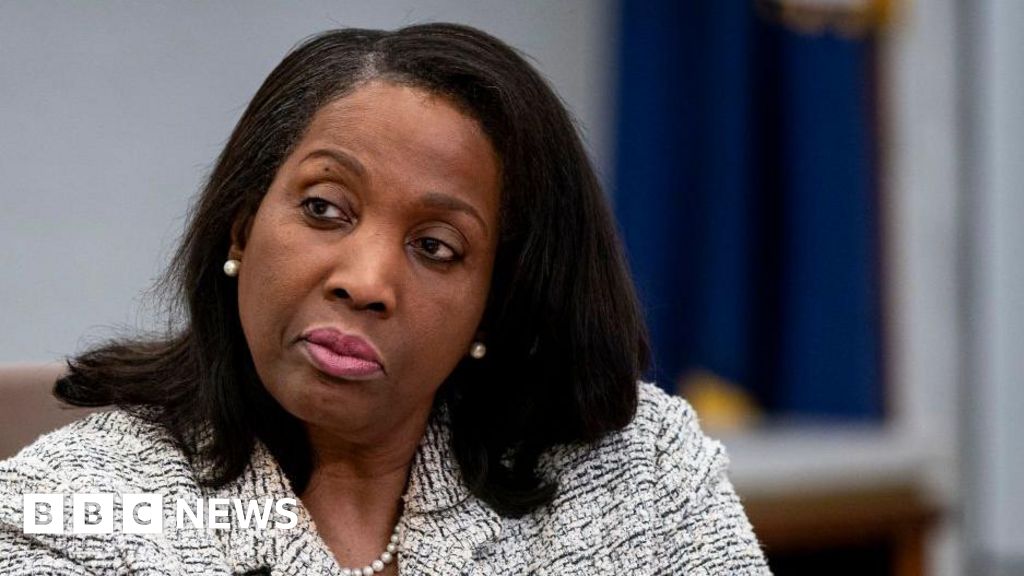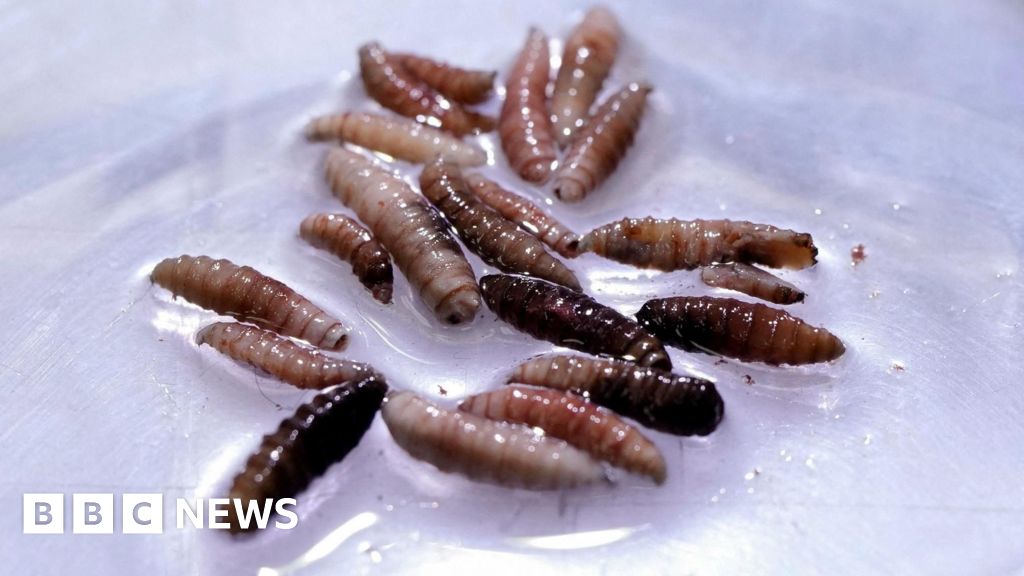In fiery Senate testimony this week, US Health Secretary Robert Kennedy Jr. once again set his sights on the nation's top public health agency, the Centers for Disease Control and Prevention (CDC).
His appearance came just days after he suddenly fired the new CDC director, Susan Monarez, provoking a group of senior staffers to resign in protest. At the hearing, when asked for an explanation, Kennedy claimed he had asked Ms Monarez if she was a trustworthy person and she had replied no, to some disbelief from his opponents in the room.
He then admitted he had once described the CDC as the most corrupt agency in government, and strongly hinted he's not finished with his plans to shake up the organization.
Kennedy's words have sparked a furious backlash, with many doctors and scientists increasingly concerned that America's public health systems are being dangerously compromised. It's a conflict that could have a significant impact not just on health policy in the US but across the world. In the past, the CDC has been instrumental in global health, leading the response to crises from famine, to HIV, to Ebola.
Founded in 1946, the CDC is pivotal in tracking emerging infectious diseases like Covid and tackling long-term or chronic conditions such as heart disease and cancer. It operates more than 200 specialized laboratories and employs 13,000 people, although that number has shrunk in recent years.
Concerns about Kennedy's record on vaccines were high when he took office; he led an activist group that frequently questioned vaccination safety. Recently, Kennedy's administration sacked the entire vaccine advisory panel and replaced it with a new committee tasked with potentially altering critical immunization recommendations.
As Kennedy continues to assert the need for a drastic overhaul at the CDC, the upcoming meetings regarding the new vaccine advisory panel will be closely watched by public health experts, policymakers, and citizens worldwide, highlighting the potential repercussions of these changes.



















